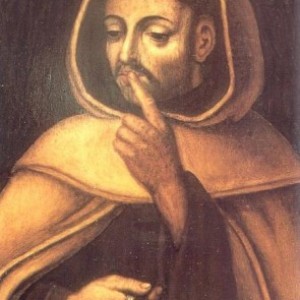Podcast: Play in new window | Download (Duration: 34:08 — 31.3MB) | Embed
Subscribe: Apple Podcasts | Spotify | Amazon Music | Android | Pandora | iHeartRadio | JioSaavn | Podchaser | Gaana | Podcast Index | Email | TuneIn | Deezer | Anghami | RSS | More
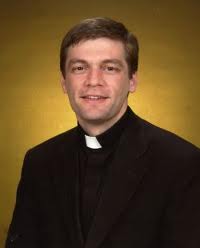
Fr. Mark Cyza discusses the spiritual life of St. Faustina and the devotion to the Divine Mercy. He will help us to not only incorporate the Divine Mercy into our prayer, but also to every other aspect of our lives.
From The Divine Mercy website
The Humble Instrument
Sister Faustina was a young, uneducated nun in a convent of the Congregation of Sisters of Our Lady of Mercy in Poland during the 1930s. She came from a poor family that struggled during the years of World War I. She had only three years of simple education, so hers were the humblest tasks in the convent, usually in the kitchen or garden. However, she received extraordinary revelations — or messages — from our Lord Jesus. Jesus asked Sr. Faustina to record these experiences, which she compiled into notebooks. These notebooks are known today as the Diary of Saint Maria Faustina Kowalska, and the words contained within are God’s loving message of Divine Mercy.
Though the Divine Mercy message is not new to the teachings of the Church, Sr. Faustina’s Diary sparked a great movement, and a strong and significant focus on the mercy of Christ. Saint John Paul II canonized Sr. Faustina in 2000 making her the “first saint of the new millennium.” Speaking of Sr. Faustina and the importance of the message contained in her Diary, the Pope call her “the great apostle of Divine Mercy in our time.”
Today, we continue to rely of St. Faustina as a constant reminder of the message to trust in Jesus’ endless mercy, and to live life mercifully toward others. We also turn to her in prayer and request her intercession to our merciful Savior on our behalf. At the National Shrine of The Divine Mercy in Stockbridge, Massachusetts, we include the following in our 3 o’clock prayers:
Saint Faustina,
you told us that your mission would continue after your death and that you would not forget us. Our Lord also granted you a great privilege, telling you to “distribute graces as you will, to who you will, and when you will.” Relying on this, we ask your intercession for the graces we need, especially for the intentions just mentioned. Help us, above all, to trust in Jesus as you did and thus to glorify His mercy every moment of our lives. Amen
You can find the Diary of St. Faustina here
I wish solemnly to entrust the world to Divine Mercy. I do so with the burning desire that the message of God’s merciful love, proclaimed here through St. Faustina, may be made known to all the peoples of the earth and fill their hearts with hope.— –Pope John Paul II, Consecration homily at the International Shrine of The Divine Mercy in Laqiewniki, Poland.

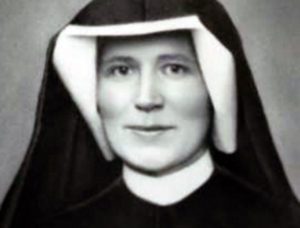

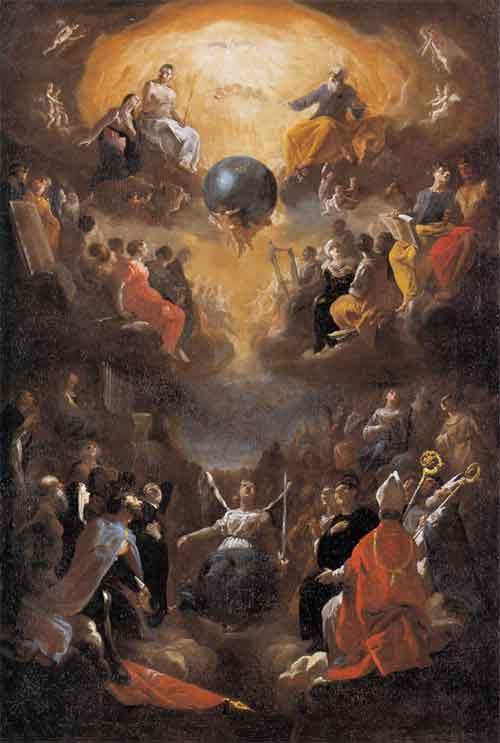 You are God: we praise you;
You are God: we praise you; Dr. Lilles discusses sin and temptation, but also the great gift of mercy and a life of true humility.
Dr. Lilles discusses sin and temptation, but also the great gift of mercy and a life of true humility.


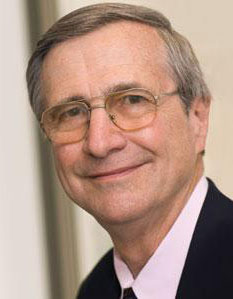
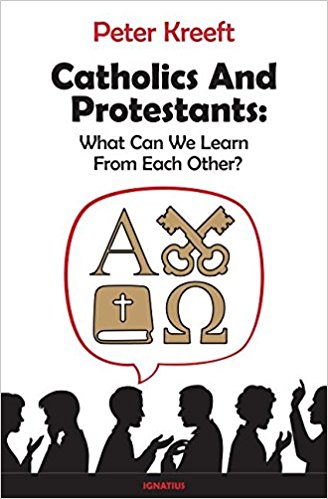
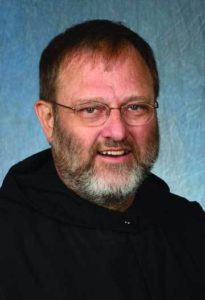
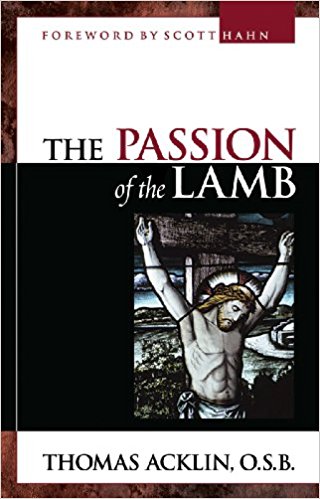
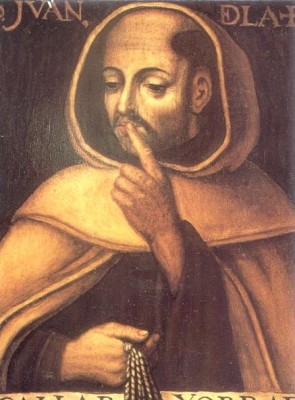
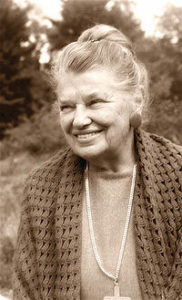 We discovered an incredible audio of a conference talk given in the late 70’s by the Baroness herself, Servant of God Catherine de Hueck Doherty. She is the co-founder of the Madonna House Apostolate and one of our absolute favorite authors. We dare you not to be moved by her words!
We discovered an incredible audio of a conference talk given in the late 70’s by the Baroness herself, Servant of God Catherine de Hueck Doherty. She is the co-founder of the Madonna House Apostolate and one of our absolute favorite authors. We dare you not to be moved by her words!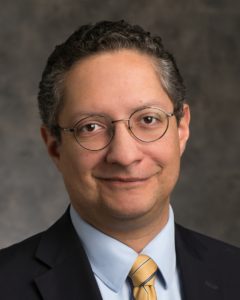
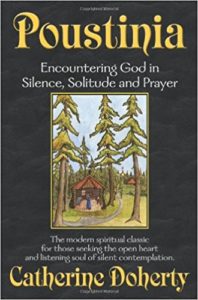

 CHAPTER VIII
CHAPTER VIII